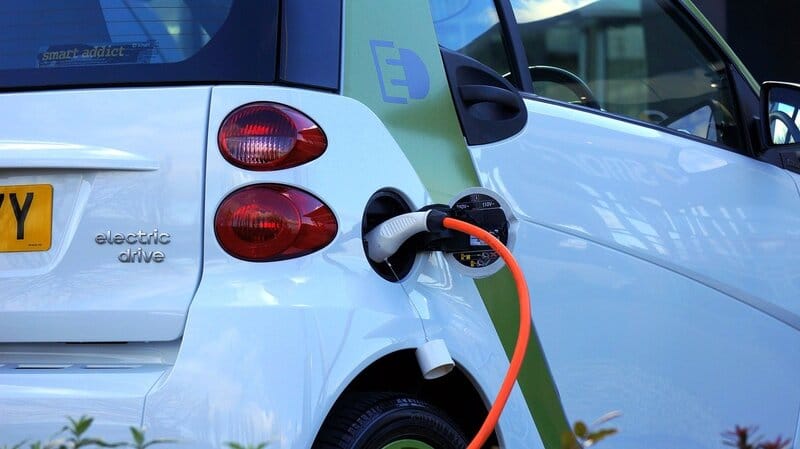For the first time, batteries capable of fully charging in five minutes have been produced, marking a significant step towards electric vehicles becoming as fast to charge as filling up petrol or diesel vehicles, a current sticking point.
—
What is Happening?
- The new lithium- ion batteries were developed by an Israeli company called StoreDot and manufactured by Eve Energy in China on standard production lines.
- StoreDot has demonstrated its fast-charging batteries in phones, drones and scooters. It has now produced 1000 batteries to showcase its technology to carmakers of electric vehicles and other companies.
- The batteries can be fully charged in five minutes but this would require higher-powered chargers than used today. StoreDot is aiming to deliver 160 km of charge to a car battery in five minutes in 2025 using available charging infrastructure. The company says that the battery could be recharged 1 000 cycles while retaining 80% of original capacity.
You might also like: Green Buildings in Hong Kong – How Effective Are They?
Doron Myersdof, CEO of StoreDot, says, “The No. 1 barrier to the adoption of electric vehicles is no longer cost, it is range anxiety. You’re either afraid that you’re going to get stuck on the highway or you’re going to need to sit in a charging station for two hours. But if the experience of the driver is exactly like fuelling [a petrol car], this whole anxiety goes away. A five-minute charging lithium-ion battery was considered to be impossible, but we are not releasing a lab prototype, we are releasing engineering samples from a mass production line. This demonstrates it is feasible and it’s commercially ready.”
- Existing li-ion batteries use graphite as one electrode, into which the lithium ions are pushed to store charge. But when these are rapidly charged, the ions get congested and can turn into metal and short circuit the battery. The StoreDot battery replaces graphite with semiconductor nanoparticles into which ions can pass more quickly and easily. These nanoparticles are currently based on germanium, which is water soluble and easier to handle in manufacturing. StoreDot plans to use silicon, which is cheaper, and the company says that the cost would be the same as existing Li-ion batteries. StoreDot expects these prototypes later this year.
- Experts have said that the battery could be available to the mass market in between three and five years, but may initially first be available in niche markets.

















